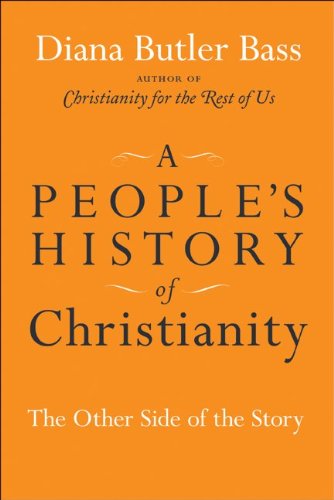 Bishop Coyner from Indiana wrote the following piece (PDF) which is unusually succinct way to describe Methodism. Thought I would pass it on!
Bishop Coyner from Indiana wrote the following piece (PDF) which is unusually succinct way to describe Methodism. Thought I would pass it on!
It's his writing, but loooong quotes look weird at HX so here it is full-text.
===============
“Being a United Methodist is as Easy as 1, 2, 3, 4, 5” – July 6, 2009
Sometimes I think we make it too hard to understand. We throw around words like “connectional” and “itinerancy” and a hodgepodge of alphabetical terms (like UMC, UMW, GBGM, GBOD, BOOM, etc). Sometimes we make it hard for our own United Methodist people to describe how we United Methodists are followers of Jesus.
So here it is, in simple 1, 2, 3, 4, 5 ways to describe how we United Methodists live our Christian faith:
1. We have ONE mission statement: “to make disciples of Jesus Christ for the transformation of the world.” We have all agreed on this statement, it is Biblical, it is in our Book of Discipline, and it is the mission statement of our new Indiana Conference.
2. We believe in TWO forms of holiness: personal holiness and social holiness. That is why we United Methodists work to bring individuals to a Christian way of life, but we also work to change our society.
3. We try to live by the THREE Simple Rules: do no harm, do good, stay in love with God. John Wesley gave us those rules, all clergy agree to them when they are ordained, and all United Methodist people are called to follow them.
4. We believe that truth is found by the FOUR sides of the Wesley Quadrilateral: Scripture is primary, and it is interpreted by Tradition (what the church has taught), Reason, and Experience. We are a Biblical people, but we also see the importance of learning from the Christian teachings of the past, using our minds to think through our faith, and bringing our own experience of God into our understanding.
5. We know that our congregations flourish when we engage in the FIVE Practices of:
- Radical Hospitality
- Passionate Worship
- Intentional Faith Development
- Risk-Taking Mission and Service
- Extravagant Generosity
There it is. Five steps to being faithful United Methodist followers of Christ. Those FIVE describe what is unique about being followers of Jesus in the Wesleyan Way . Once a person has committed to follow Jesus, these Five Steps are the hallmarks of The United Methodist Church .
Maybe those of us who lead the UMC, both laity and clergy, would do well to focus on those Five steps and to use that common language. I plan to do so, and I invite you to join me.
from Bishop Michael J. Coyner
Indiana Conference of The United Methodist Church
Read more...















